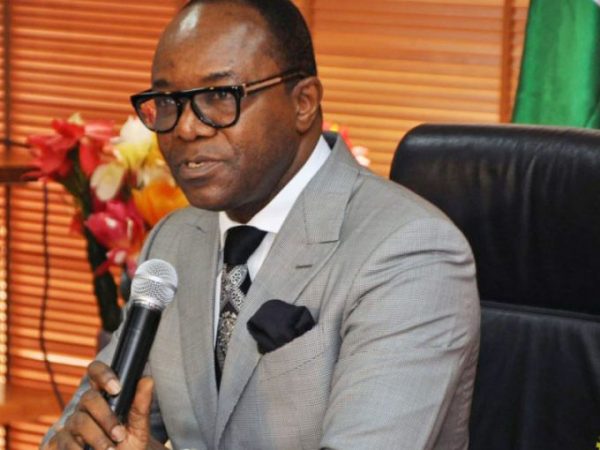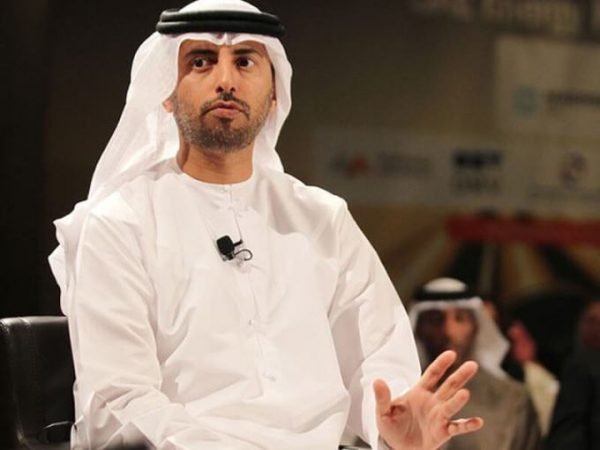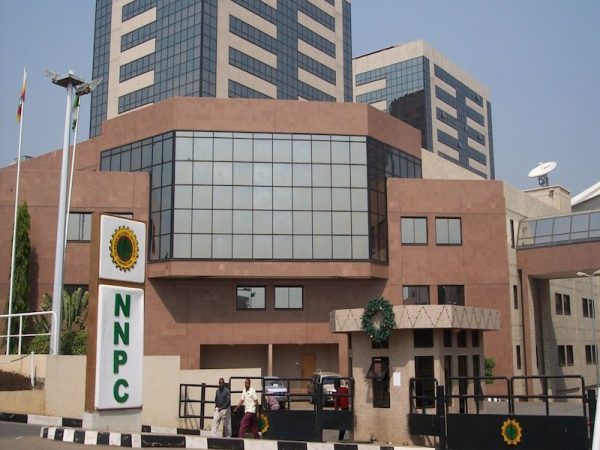FG Mobilises CBN, IFC, Others to Finance Modular Refineries

- Offers investors incentives
The federal government on Wednesday said it was talking with potential financiers, including the Central Bank of Nigeria (CBN), International Finance Corporation (IFC) and Nigerian Sovereign Investment Authority (NSIA) to provide contributory finance to investors in modular refineries in the Niger Delta region.
Speaking at the ongoing Nigeria International Petroleum Summit (NIPS) in Abuja, Mr. Rabiu Suleiman, who is the Senior Technical Adviser to the Minister of State for Petroleum Resources, Dr. Ibe Kachikwu, stated that the government would also guarantee regular crude oil supply to investors in modular refineries in the region.
Suleiman said this would be in addition to tax and custom duties waivers the investors will also enjoy from the government to ensure their projects took off and remained profitable.
Apart from NSIA, CBN, and IFC, Suleiman, said the Niger Delta Development Commission (NDDC) and some state governments had equally indicated their willingness to invest in the refineries and gain equity in them.
The federal government in November 2017 disclosed that it was considering granting 13 operational licences for modular refineries in the Delta region. It also has, as part of its policy to revive the country’s oil sector, the Seven Big Wins, plans to incentivise the construction of modular refineries in the region.
Suleiman however explained in his remarks at an executive session titled: Petroleum Products Supply and Demand in Africa – Translating Crude Abundance to Product Abundance, that these were parts of the government’s plans to incentivise modular refining and create jobs in the Niger Delta.
Suleiman said: “Nobody wants to invest heavy amount of money in places where you are not very sure of doing the business without being interfered in one way or the other. Modular refining is a small ticket business and it has very long impacts.
“We have a lot of programmes that will support modular refining initiative, and a lot of incentives have been put together to support this initiatives, right from customs duty waivers. Anybody who wants to invest in modular refining in the Niger Delta is going to benefit from such custom duty waivers and tax relief that is being discussed at very senior level and we have reached a very serious level and that is going to happen.”
He further said: “On financing, we have engaged the government and the Central Bank; we have engaged the Bank of Industry, we have engaged Sovereign Wealth Fund, and we have engaged Infrastructure Bank. We have engaged a lot of them including the IFC and the rest.
“We have all worked with them and they all promised to make contributory finance into that. Only two weeks ago, we engaged with NDDC, the MD made a commitment that they are going to see how they can put in some money even if it means to pick up an equity either in one or two or three of the refineries.
“State governments have said they want to be part. So, we are encouraging a lot of financing. In the next two weeks, we intend to call for an investors’ engagement forum that will address some of the funding arrangements that we intend to bring on board.”
Suleiman equally stated: “Crude is guaranteed more or less. The crude is for sale, we take it offshore to sell, there is no justification why crude should not be made available to the refiners, in-country. Today we have already issued a letter to one of the proponents of the modular refineries and we directed ExxonMobil to guarantee crude supply to that refinery because they are in close proximity to Mobil in Eket.”
Also speaking in the session, Mr. Babajide Soyode, who is the Technical Consultant to the President of Dangote Group, Alhaji Aliko Dangote, explained that claims by the Nigerian National Petroleum Corporation (NNPC) that it was experiencing an under-recovery in its importation and sale of petrol in the country was comical.
Soyode, who questioned the country’s continued regulation of its downstream petroleum sector, explained that under-recovery was synonymous with subsidy. He thus suggested that the corporation had gone back to subsidising the country’s consumption of petrol.
He also questioned the 445,000 barrels per day (bpd) collective nameplate production capacities of NNPC’s four refineries in Kaduna, Warri and Port Harcourt, adding that the refineries have some irregularities in the capacities of their units.
According to him, 15,000bpd of Warri, 10,000bpd of Kaduna, and 65,000bpd of Port Harcourt were not available, and as such it would be wrong to continue to state that the refineries collectively have a processing capacity of 445,000bpd.







